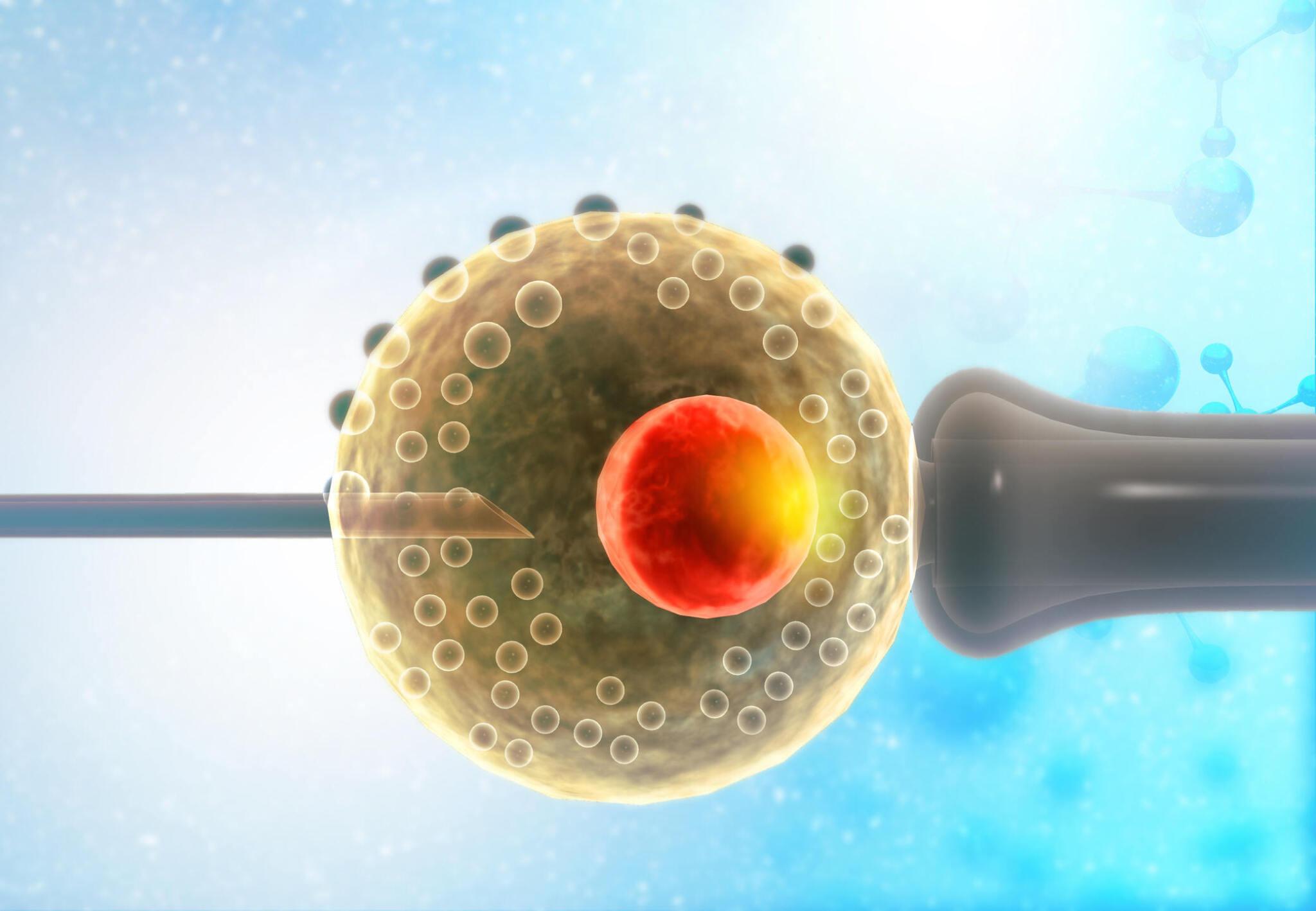IVF, often known as in vitro fertilization, is a type of assisted reproductive technology (ART). It’s an infertility treatment, a condition in which most couples are unable to conceive after at least a year of trying. It is also possible to avoid passing on genetic issues to a child through IVF. IVF is the procedure of manually fusing an egg and sperm in a lab dish after removing eggs and obtaining a sample of sperm. The embryo or embryos are subsequently placed transvaginally into the uterus.
An option for treating infertility in adults over 40 is sometimes in vitro fertilization (IVF). You can also do it if you have specific medical conditions. IVF, for instance, might be a possibility if you or your partner have:
While most women can return to their regular activities the next day, you might be recommended to rest for the whole day after the embryo transfer. Women undergoing IVF therapy may need to take progesterone injections or pills daily for 7 to 9 weeks following the embryo transfer. This hormone promotes the growth of the embryo after implantation and helps the uterine lining become ready for the embryo to connect. To prevent miscarriage, progesterone is frequently administered for 8 to 12 weeks following pregnancy.
Pregnancy will be detected at our hospital by a pregnancy test 12 to 14 days following the embryo transfer.

